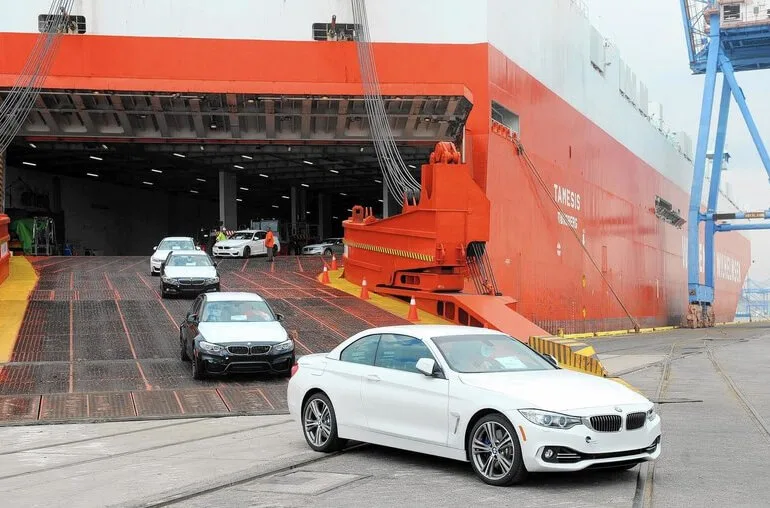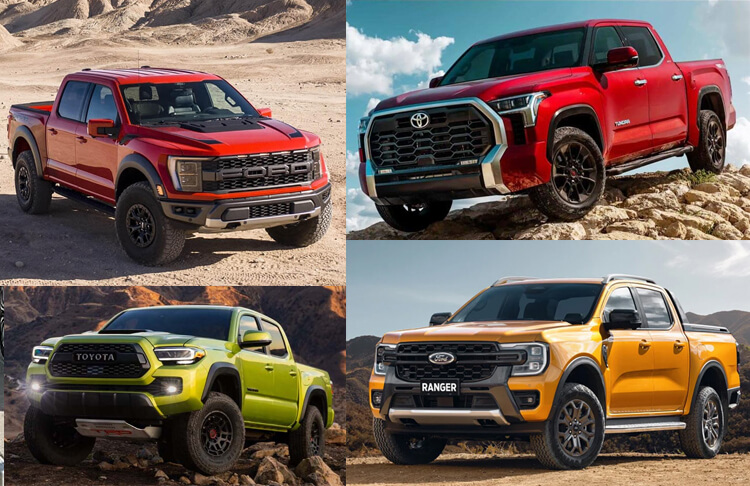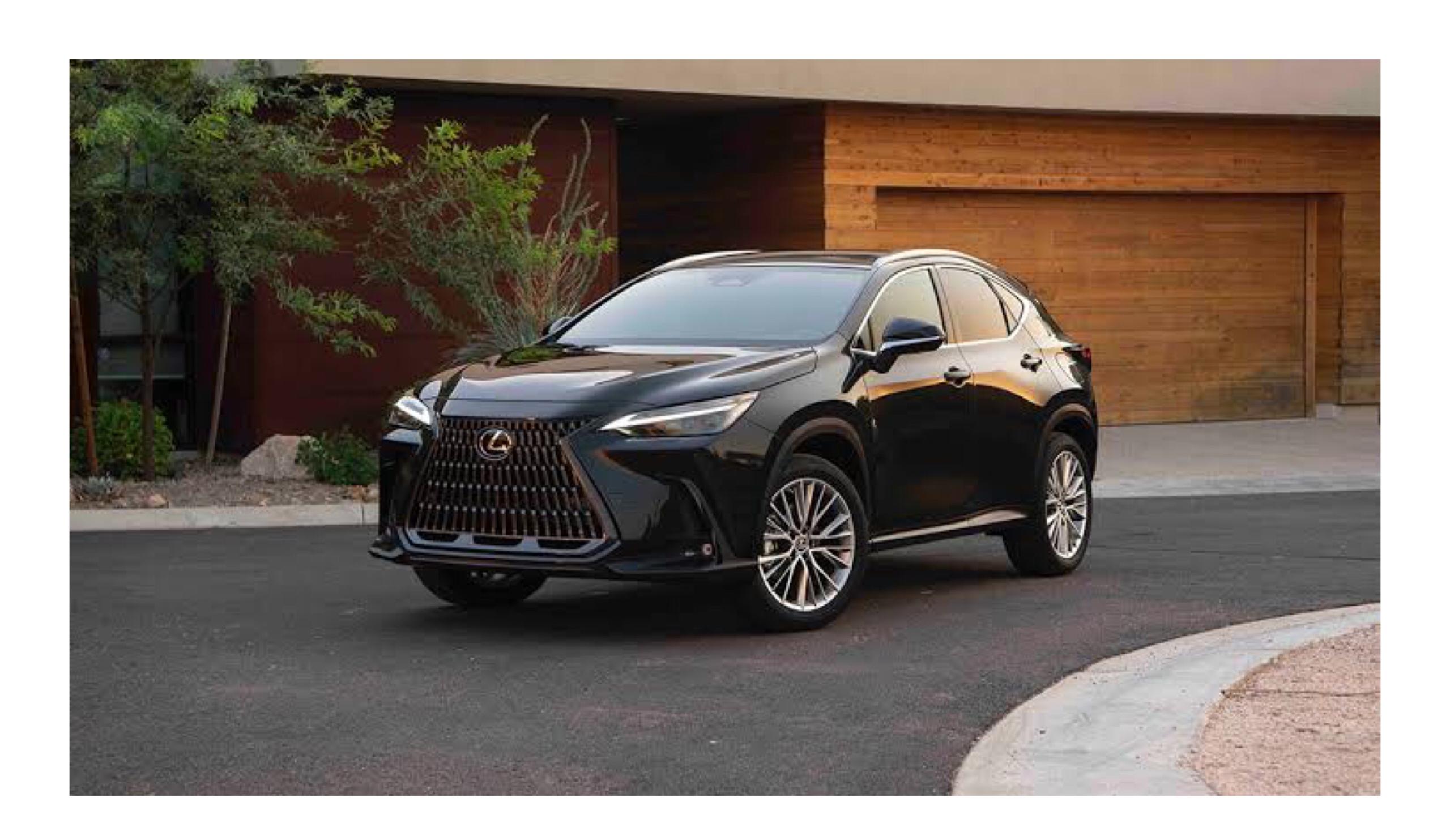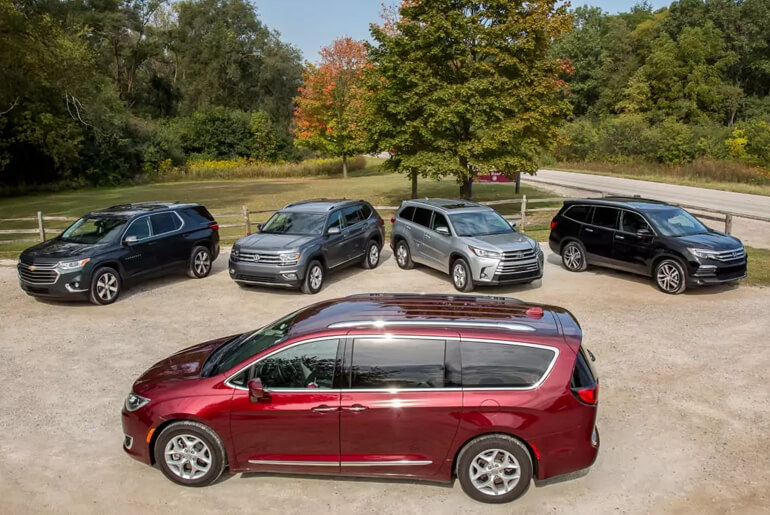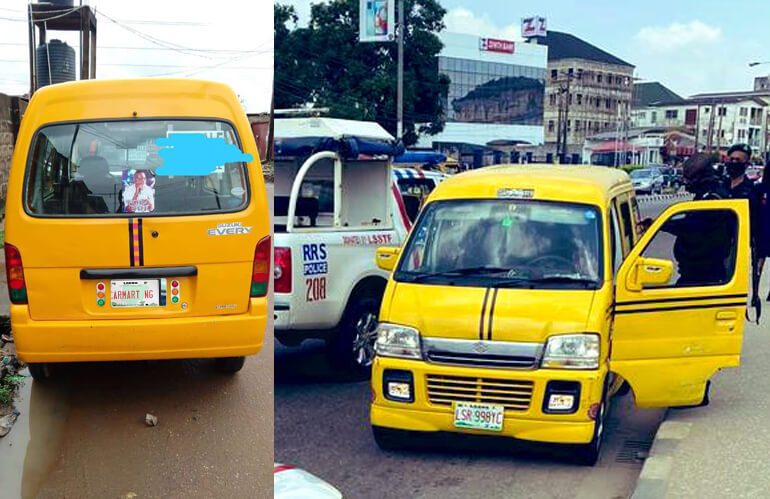Data from the National Bureau of Statistics (NBS) show that the percentage of imported cars in Nigeria since the start of the year is currently at 708%, reaching N728 billion spent on the importation of vehicles in Nigeria. The NBS also noted that the boom started in Q2 and continued to Q3.
Table of Contents
Nigeria is the third-highest importer of used vehicles and is behind the United Arab Emirates (UAE) and China.
An analysis posted by TheCable Index states that 99% of the imported cars in 2023 are from the United States of America and are valued at N721.79 billion, the following country being the United Arab Emirate valued at N2.12 billion, followed by importations from Belgium valued at N1.52 billion.
Other countries where cars have been imported into the country are Italy and Canada and are valued at N1.41 billion and N1.18 billion, respectively.
Stakeholders Refute NBS’s Vehicle Importation Data
Reports from The Cable show that several stakeholders are of the opinion that NBS’ data does not reflect the reality of car importation in 2023. Speaking to the publication, a car importer in Apapa port stated that the prevailing economic situation renders the business largely unprofitable, adding that vehicle importers have struggled in the past few years. He also noted that the high level of volatility in the foreign exchange market (FX) “has grossly affected” imports, despite the NBS data.
Speaking to The Cable, he said: “It is now much more expensive to import cars than before, making them less affordable for Nigerians. As a result, the car import business has declined significantly.” In addition to the FX issue, there is also the problem of smuggling. Many people are now smuggling cars into Nigeria from neighbouring countries, where they are cheaper. This is having a negative impact on legitimate car importers.”
Another stakeholder that found fault in the NBS data is Obinna Okechukwu, a car dealer, who said it is surprising that the NBS data indicate that more people bought cars in Q2 2023. Okechukwu said the importation and sales of cars have “been dragging so far” in the country.
According to the dealer, this explains why the vehicles available are “more expensive”.
He told the publication: “It is better you say more money was made by the government from the importation of cars than to say more people bought cars.”
Another car importer, Chuks, spoke with the publication saying that some of his colleagues sold cars at lower prices to enable them to clear their cargoes at the port due to the changes in FX rate.
He tells The Cable: “It has been difficult to clear cars at the port because the initial clearing cost has been increased, and they now have to be selling old cars at distressed prices so as to clear the ones at the port.”
According to Abdullahi Maiwada, the national public relations officer of the Nigeria Customs Service (NCS), he noted the service only implements and aligns with the fiscal policies of the government. He equally accused importers of circumventing the government’s import regulations and the use of the vehicle identification number (VIN) valuation system.
Speaking on the matter, he told The Cable:
“Those who might experience delays in clearing their vehicle, in some cases have to do with issues of undervaluation. Recently, we issued a system that all vehicles that are trimmed must pass through an examination and manual valuation process. What necessitated that was that people import vehicles that are trimmed with different values and give them a base value. For example, if you bought a vehicle for N10 and when you want to declare it, you declare the vehicle as N5, invariably it will affect the duty that will be collected and that is commercial fraud and we regard that as a false declaration. That is one factor that contributes to delays in clearing your vehicles at the port. Most of these delays are caused by non-compliance.
“What we expect people to do is to be genuine and declare their vehicle according to what they bought. If you reduce the value of the vehicle, definitely you are going to reduce the revenue that will be collected for the government.”
The president of the Shippers Association of Nigeria, Lagos chapter, Jonathan Nicol, told the publication that the federal government’s unification of the FX windows and the floating of the naira is making it difficult for importers and exporters to operate.
He also told The Cable that nobody would violate the customs policies or regulations if they were working with a fair import and export duty rate.
In his words, the president said: “Nobody will violate customs duty for a reasonable duty assessment. If you buy a vehicle of $1000, which is approximately N600,000 to 700, 000. Normally they used the depreciation effect in vehicle valuation and that is no longer there. That’s why people will want to bring the value down. We are of the view that the government should put their economic policy right and nobody will break their laws. If the economic policy is not in place, you don’t push them to the wall and use the term ‘survival of the fittest’, that’s where importers are at the moment.”
Speaking on the current importation data released by NBS, Jonathan Nicol told The Cable, that he does not believe the increase in car imports is due to increased demand. He instead linked it to the depreciation of the naira against the dollar. According to him, makes imported cars more expensive in naira terms, even if the number of cars imported remains the same.
He added that this can also give the impression that more cars are being bought, even though this is not true.
Speaking on the topic, he stated: “That’s one point. The second point is that we are contributing as much as we can to support the government in the collection of duties, and fines. We agree that the economic policy is not favourable to importers and we also agree that it is even cheaper to import cars from other neighbouring countries like Togo, Cotognu, Ghana etc. But there is nothing wrong if we patronised our port but the exchange rate is now in a free fall.
“When you buy a car of N400,000 and you come to your country and you pay about N3 million to clear it from the port. When they bring in these cars we have a lot of problems in this country. Accident vehicles that are brought in go through the free fall market of FX and the rate will be converted and paid in the value of the FX.
“They will even value the cars with the VIN since we don’t have second-hand value and depreciation any more. That will push the volume of the naira up and that’s why you are seeing over 700% increase in the importation of used vehicles. The FX has not been favourable and people don’t have that kind of money.”
The President of the Shippers Association of Nigeria, Lagos chapter, Jonathan Nicol, also told the publication that the association was not considered by the federal government for palliative to cushion the effect of the petrol subsidy removal, adding that the income of Nigerians has been bastardized with many layers of taxation.
Have 1 million naira and above to Buy or Sell Cars In Nigeria? Check carlots.ng
All rights reserved. Reproduction, publication, broadcasting, rewriting, or redistribution of this material and other digital content on carmart.ng is strictly prohibited without prior express written permission from Carmart Nigeria - Contact: [email protected]

